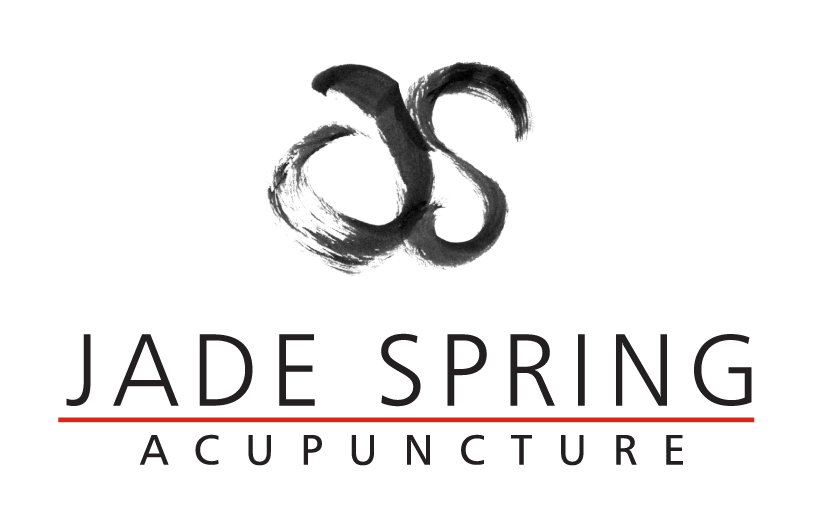Managing hyperactivity and stagnation during spring
Seasonal transitions can be challenging for the body and spring especially can be a time when we might feel a little ‘off’ and struggle with integrating spring’s release of renewed energy after the more quiet, inward-looking winter months. Understanding the dynamics at play during this season can help us navigate this time and protect us from overdoing and overworking which are common during spring.
In Chinese Medicine spring is the season associated with the liver, and the liver is compared to a general who is responsible keeping an eye on “the big picture”, on keeping everything running smoothly and for planning and strategizing. Emotionally and mentally the liver is connected to our aspirations, dreams, and hopes, and longs for forward momentum and self-actualization. Physically the liver is responsible for maintaining balance and harmony between all systems of our body.
Just as spring activates the budding of new life in nature, you might feel new ideas and aspirations budding in your life. You may feel a draw to do some planning, to set goals and dream big. You might find yourself wanting to get rid of old clutter and embark on intense spring-cleaning activities. It might be a time when there is a desire to be more physically active and start a new exercise program. On all levels, there is a desire for forward movement, whether physically, emotionally, or mentally.
However, it can also be a time that triggers feelings of anger, frustration, and irritability; when you feel almost a little hyperactive or manic and find yourself overdoing things and then feeling exhausted afterwards. This is especially the case for those with weakened liver systems because the surge of energy triggered by the start of spring cannot be grounded by the weakened system. So, you might be able to ride the initial burst of energy but then not have enough reserves to maintain that level of activity and end up feeling frustrated and depleted.
And even when there is no weakness in the liver system, anger, frustration, and irritability can arise when you can’t pursue the plans you had set yourself and when you feel stuck and hampered in that forward momentum you crave. On a physical level you may experience more headaches or migraines, indigestion, heightened muscular tension, jaw clenching, and disrupted or restless sleep. These are all signs of stagnation, which a depleted or overtaxed liver is prone to, and which creates mental, emotional and physical symptoms.
There are many causes that can trigger stagnation, some of the most common being:
when we aren't able to work towards our goals
when our attempts at self-actualization are hampered
when we are overloaded by too many demands on our time
when we have too many daily decisions or responsibilities
when we don't feel safe to express ourselves emotionally
a lack of exercise
highly processed and fatty foods
and toxic or unhealthy relationships
So, while spring is a wonderful time of year to capitalize on the release of renewed energy that was cultivated during the quieter hibernation of the winter months, be mindful of taking on more than is manageable and watchful of things that cause stagnation.
Here are some suggestions to support your transition and make this a joy-filled and fruitful time:
make sure that your energy expenditure is balanced with sufficient rest
support your body with nourishing foods
prioritize gentle exercise such as walking, dancing, or cycling
do some dreaming and planning
make sure you protect yourself against negative influences in your personal and professional life
find ways to express yourself and your creativity in healthy ways
explore setting some boundaries that will protect you from overdoing and overload
remember to schedule some acupuncture to help you release any stagnation, build energy and balance your body
Wishing you a healthy, joy-filled and energized spring season!




